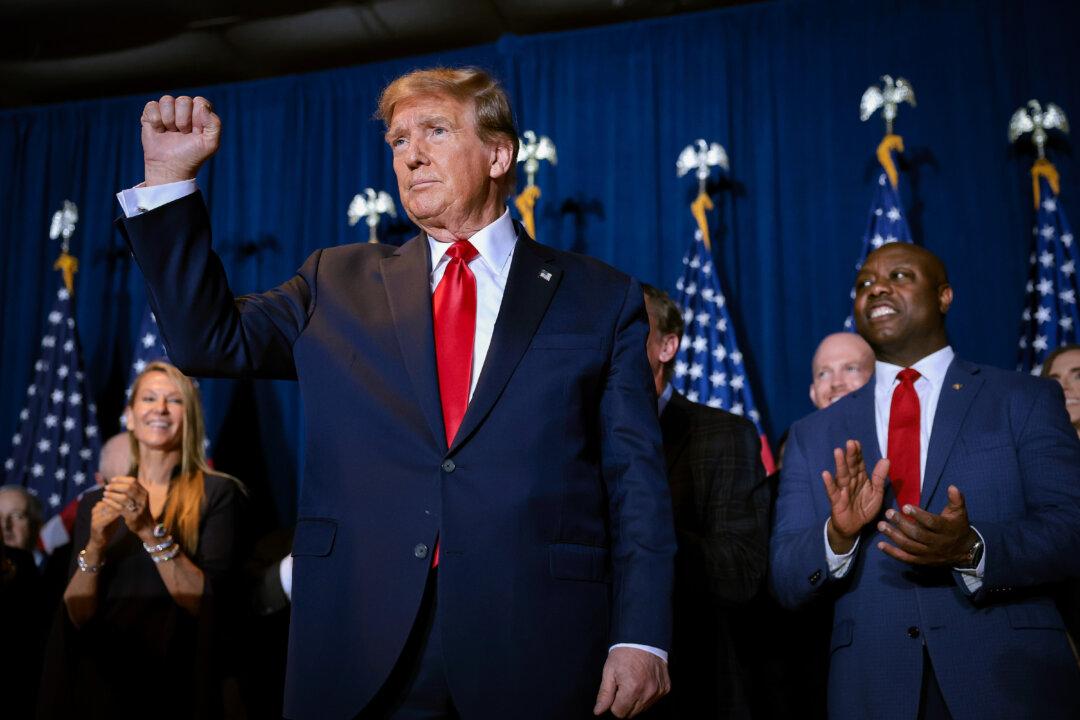Attorneys for former President Donald Trump appealed just after midnight on Feb. 29 to stay an Illinois judge’s order disqualifying him from the state’s primary election ballot.
Cook County Circuit Court Judge Tracie Porter ruled on Feb. 28 that President Trump was “disqualified by engaging in insurrection” and votes for him should be voided if the order goes into effect.





